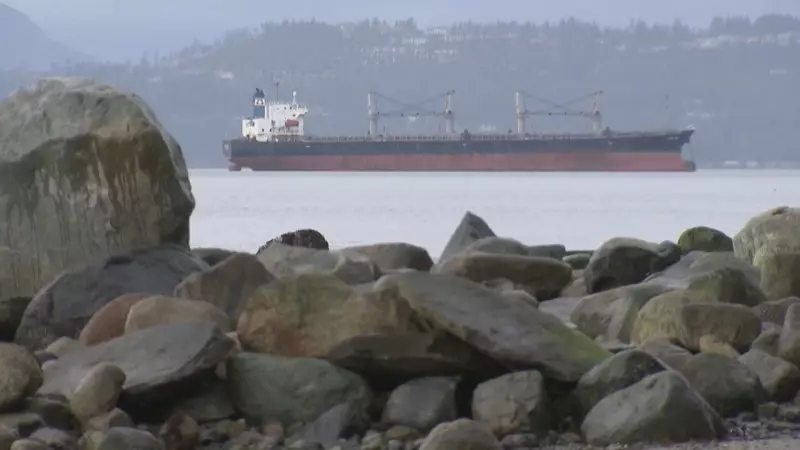
The Alberta government has launched a forceful counterattack against British Columbia's premier and Indigenous leaders who are demanding the federal government make the coastal oil tanker ban permanent, setting the stage for another western Canadian energy showdown.
Economic Concerns Take Center Stage
In a strongly worded response, Alberta's government emphasized what it calls the "devastating economic consequences" of making the current oil tanker moratorium permanent. Officials argued that such a move would severely impact Canada's energy sector and undermine national economic prosperity.
"This isn't just about Alberta's interests—it's about Canada's ability to responsibly develop and transport its natural resources to global markets," stated a government representative, highlighting the broader implications for the country's energy security and international trade relationships.
Indigenous Support for Tanker Ban Grows
The controversy ignited when BC Premier David Eby joined forces with several Indigenous leaders to formally request that the federal government cement the existing oil tanker ban into permanent legislation. Their coalition argues that permanent protection is necessary to safeguard coastal waters, marine ecosystems, and Indigenous communities that depend on healthy ocean environments.
Indigenous leaders involved in the push have emphasized their commitment to environmental stewardship and protecting traditional territories from potential oil spill risks associated with increased tanker traffic.
Alberta's Counter-Arguments
Alberta officials presented multiple counterpoints to the ban proponents:
- Economic Impact: Highlighting potential job losses and reduced government revenues
- Energy Security: Arguing for Canada's need to control its energy destiny
- Technical Advancements: Pointing to improved tanker safety and spill response capabilities
- National Unity: Warning against provincial policies that hinder national economic interests
Broader Implications for Canadian Energy
This latest confrontation represents more than just another interprovincial dispute—it reflects deeper tensions about Canada's energy future and environmental priorities. The debate pits economic development against environmental protection, with both sides claiming to represent not just regional interests but the country's long-term wellbeing.
As the federal government considers the request for a permanent ban, it faces the challenging task of balancing competing regional interests while navigating complex environmental and economic considerations that will shape Canada's energy landscape for decades to come.





